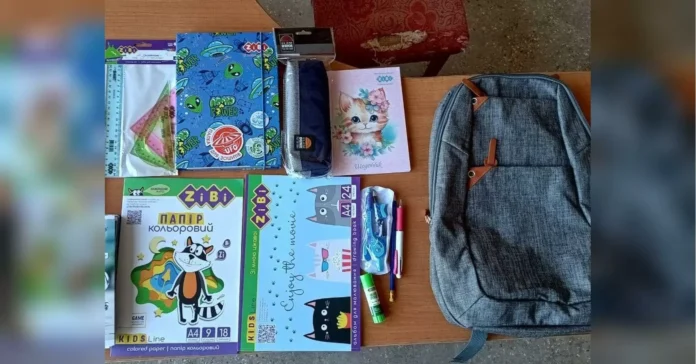Thousands of Children Receive Humanitarian Aid
In a world where millions of children are affected by poverty, conflict, and natural disasters, it is heartening to hear stories of hope and compassion. Recently, thousands of children around the world have received much-needed humanitarian aid, providing them with a glimmer of hope for a better future.
The United Nations Children’s Fund (UNICEF) has been at the forefront of providing humanitarian assistance to children in need. With the support of governments, donors, and volunteers, UNICEF has been able to reach thousands of children in some of the most vulnerable and hard-to-reach areas.
One such area is Yemen, where a brutal conflict has left millions of children in desperate need of assistance. In 2020 alone, UNICEF provided humanitarian aid to over 1.5 million children in Yemen, including food, clean water, and medical supplies. This aid has not only saved lives but has also given children a chance to continue their education and have a sense of normalcy amidst the chaos.
In Syria, where a decade-long conflict has devastated the lives of millions of children, UNICEF has been working tirelessly to provide humanitarian aid. In 2020, UNICEF reached over 2.5 million children in Syria with essential supplies such as food, shelter, and education. This aid has been crucial in helping children cope with the trauma of war and giving them a chance to rebuild their lives.
But it’s not just in conflict zones where children are in need of humanitarian aid. Natural disasters, such as hurricanes, floods, and earthquakes, can also have a devastating impact on children’s lives. In 2020, UNICEF provided assistance to over 1.7 million children affected by natural disasters, including in countries like the Philippines, Mozambique, and Haiti. This aid included emergency shelter, clean water, and hygiene kits, ensuring that children’s basic needs were met during these difficult times.
In addition to providing immediate assistance, UNICEF also focuses on long-term solutions to help children and their families build resilience and recover from crises. This includes programs such as cash transfers, which provide families with the means to purchase essential items and support their children’s education.
But UNICEF’s work would not be possible without the support of governments, donors, and volunteers. Their generosity and commitment to helping children in need have made a significant impact on the lives of thousands of children around the world.
One such example is the recent partnership between UNICEF and the LEGO Foundation, which aims to provide play-based learning opportunities for children affected by emergencies. Through this partnership, thousands of children in countries like Bangladesh, Ethiopia, and Uganda have been able to access safe and stimulating learning environments, helping them to heal and recover from the trauma of emergencies.
The impact of humanitarian aid on children’s lives cannot be overstated. It not only provides them with essential supplies and services but also gives them a sense of hope and dignity in the face of adversity. As UNICEF Executive Director Henrietta Fore says, «Every child deserves a childhood, and every child deserves to grow up in a safe and nurturing environment.» Humanitarian aid helps to make this possible for thousands of children around the world.
But there is still much more to be done. Millions of children continue to live in crisis-affected areas, and their needs are only increasing due to the ongoing COVID-19 pandemic. UNICEF and its partners are working tirelessly to reach as many children as possible, but they cannot do it alone. Governments, donors, and individuals must continue to support humanitarian efforts to ensure that every child receives the assistance they need to survive and thrive.
In conclusion, the news of thousands of children receiving humanitarian aid is a testament to the power of compassion and generosity. It is a reminder that even in the darkest of times, there is still hope and kindness in the world. Let us continue to support and uplift those in need, especially the most vulnerable among us – our children.

